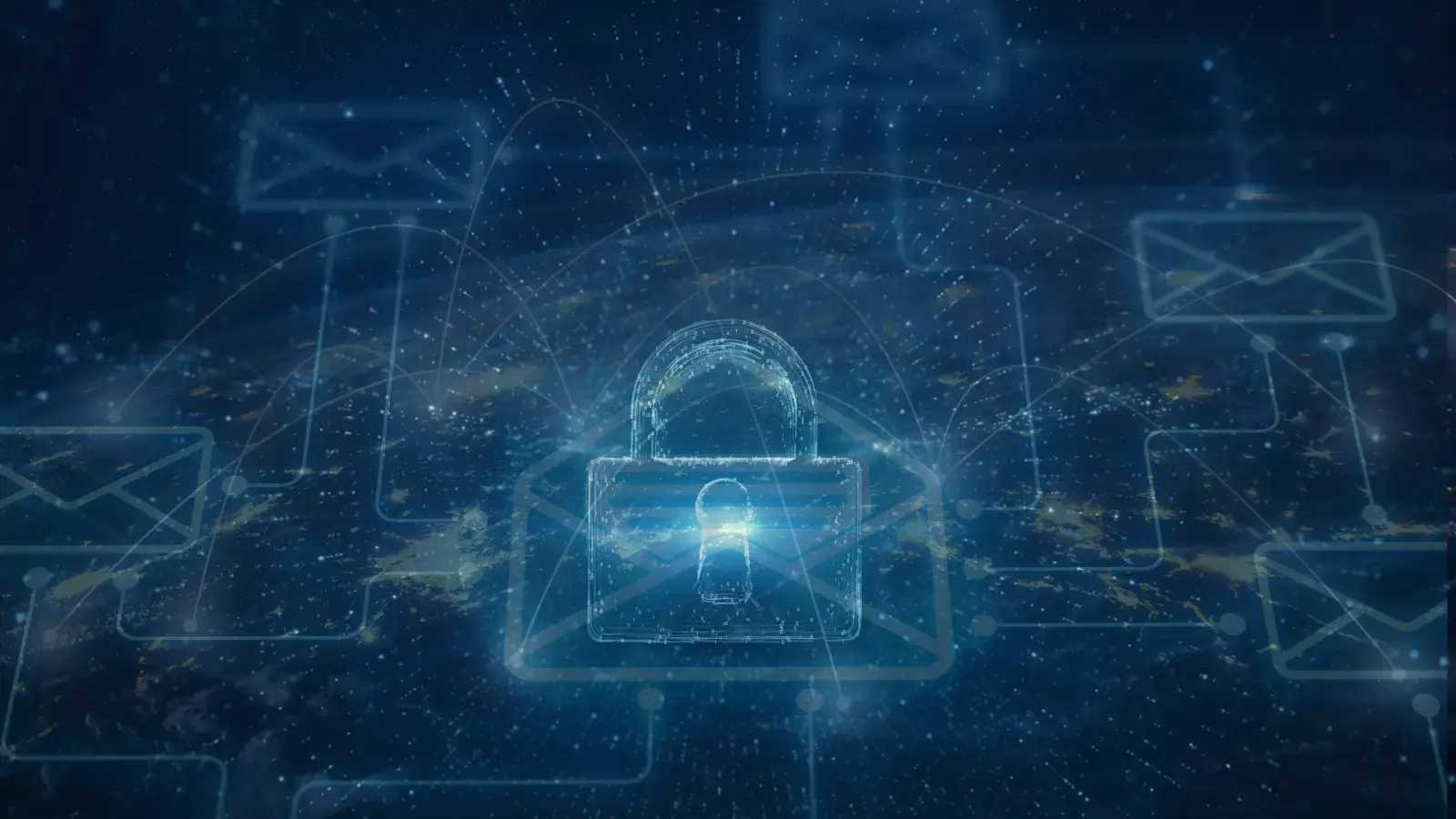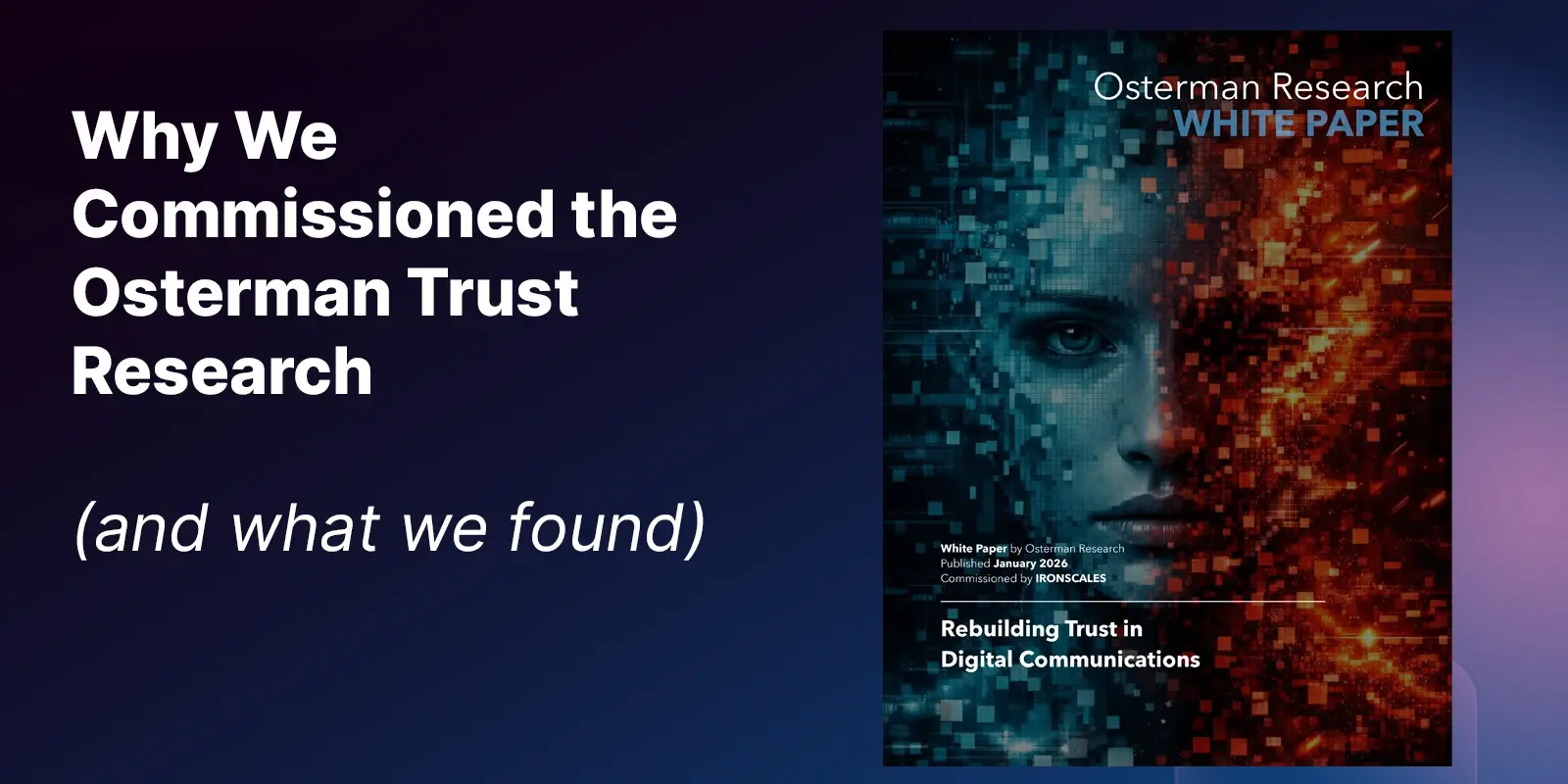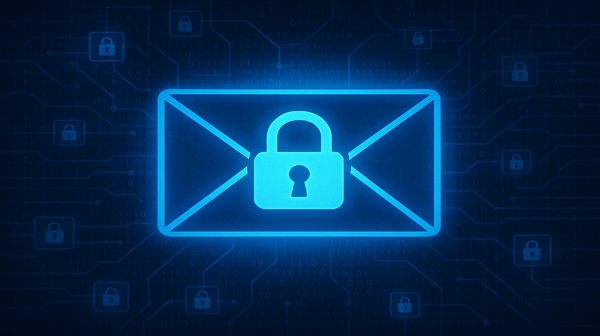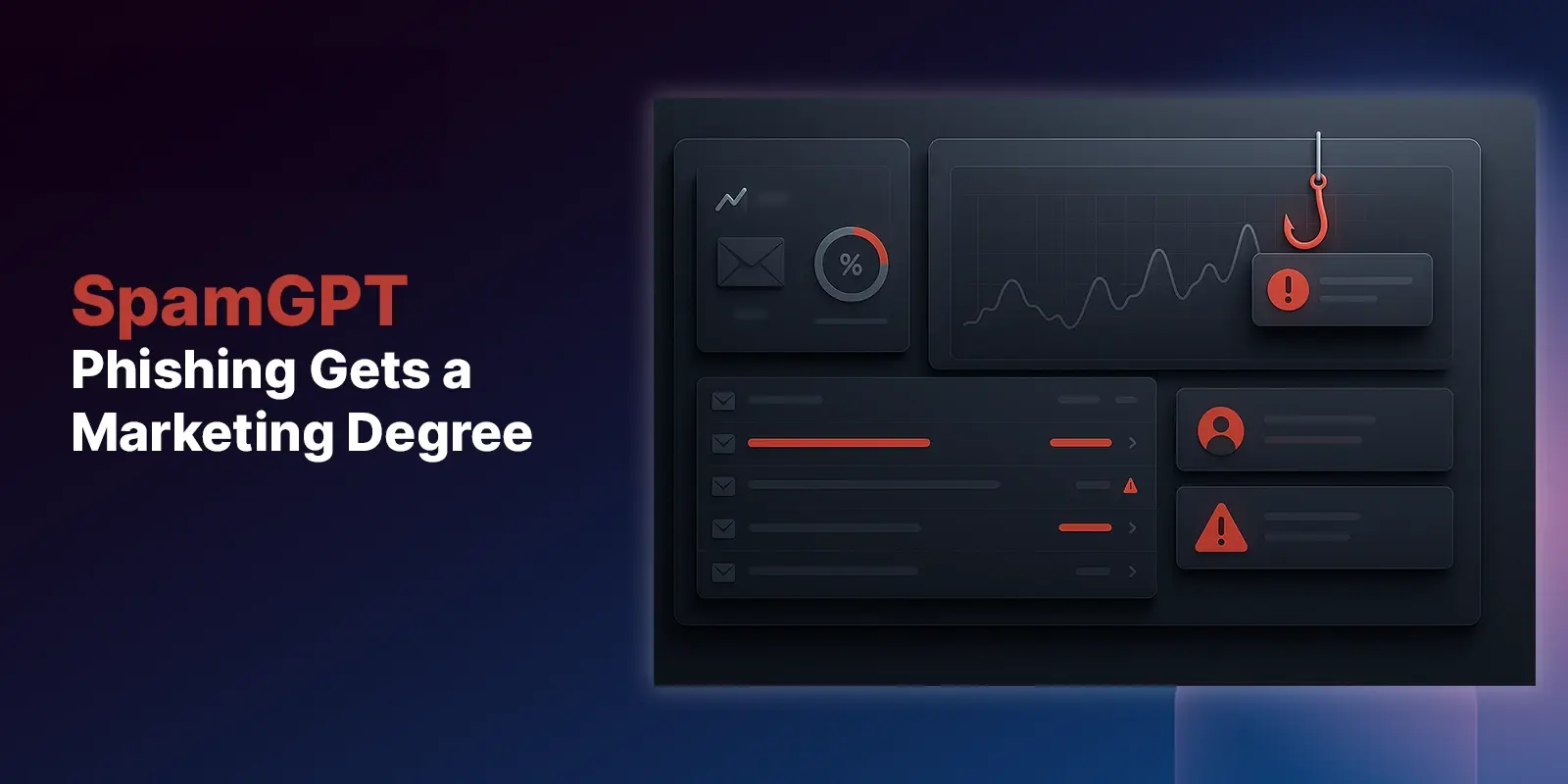Table of Contents
Email is critical for business communication. But it's also a major target for cyber threats. As attacks grow more sophisticated, traditional email security measures need help to keep up. This is where AI-enabled email security becomes crucial to automatically detect and remediate the most advanced threats.
Cybercriminals are constantly finding new ways to bypass conventional defenses, making AI essential for protecting business operations. For organizations that want to avoid disruptions and maintain smooth operations, adopting AI-enabled email security isn't just a choice—it's a necessity.
How AI-Enhanced Email Security Protects Your Business Operations
The Rising Threat of Business Email Compromise (BEC)
Business Email Compromise (BEC) is a growing and costly threat to organizations. Unlike regular phishing, BEC targets specific people, like executives or finance employees, by pretending to be someone they trust. The goal is often to trick the victim into transferring money or sharing sensitive information.
BEC attacks are becoming more common and sophisticated. Cybercriminals now use AI to make these scams even harder to detect. AI helps them mimic writing styles, create convincing email conversations, and avoid the usual signs of a fake email. Traditional email security often misses these subtle threats. As BEC attacks increase, it's clear that outdated security measures are not enough. Businesses need AI-powered defenses to protect against the serious risks of BEC. According to the Defending the Enterprise: The Latest Trends and Tactics in BEC Attacks report by Osterman Research, large organizations expect a 43.3% increase in the threat from BEC attacks over the next year.
Limitations of Traditional Email Security Solutions
Traditional email security solutions were built to handle basic threats like spam and generic phishing. These methods rely on static rules and known attack signatures but struggle against today's sophisticated cyberattacks. Business Email Compromise (BEC) emails, for instance, often lack the obvious red flags that older tools are designed to catch. Instead, these attacks rely on deceiving people, which outdated systems can't handle.
Relying on manual intervention with traditional solutions also slows down response times and increases the risk of a breach. According to Osterman Research's Defending the Enterprise: The Latest Trends and Tactics in BEC Attacks report, almost 60% of organizations use four or more technologies to combat BEC, yet these often have limited effectiveness. In today's fast-changing threat environment, these old methods leave businesses vulnerable.
The Strategic Role of AI in Email Security
AI is transforming email security by addressing gaps that traditional methods can't cover. Unlike static rules, AI uses machine learning to detect threats in real-time, including subtle attacks that older tools often miss. AI quickly analyzes large amounts of data, spotting unusual patterns that could indicate a threat, like a phishing attempt or a compromised account. As AI learns from new threats, it continuously improves its ability to catch evolving attacks.
By automating threat detection, AI lightens the load on IT teams and allows faster responses to threats. According to Osterman Research's Role of AI in Email Security report, four out of five organizations say AI has improved their ability to detect email threats. As cybercriminals use AI to launch more advanced attacks, leveraging AI in email security is essential for staying protected.
Enhancing Business Continuity with AI-Enabled Email Security
Business continuity relies on keeping operations running smoothly, even when facing cyber threats. AI-enabled email security helps identify and stop real-time threats, preventing disruptions before they occur. Unlike traditional methods that react after the fact, AI works proactively to ensure business processes stay uninterrupted.
AI also strengthens long-term resilience by automating responses to common threats, freeing up IT teams to focus on other critical tasks. This proactive approach helps prevent disruptions that could lead to financial loss or reputational damage.
Explore More Articles
Say goodbye to Phishing, BEC, and QR code attacks. Our Adaptive AI automatically learns and evolves to keep your employees safe from email attacks.

/Concentrix%20Case%20Study.webp?width=568&height=326&name=Concentrix%20Case%20Study.webp)













.webp?width=100&height=100&name=PXL_20220517_081122781%20(1).webp)


